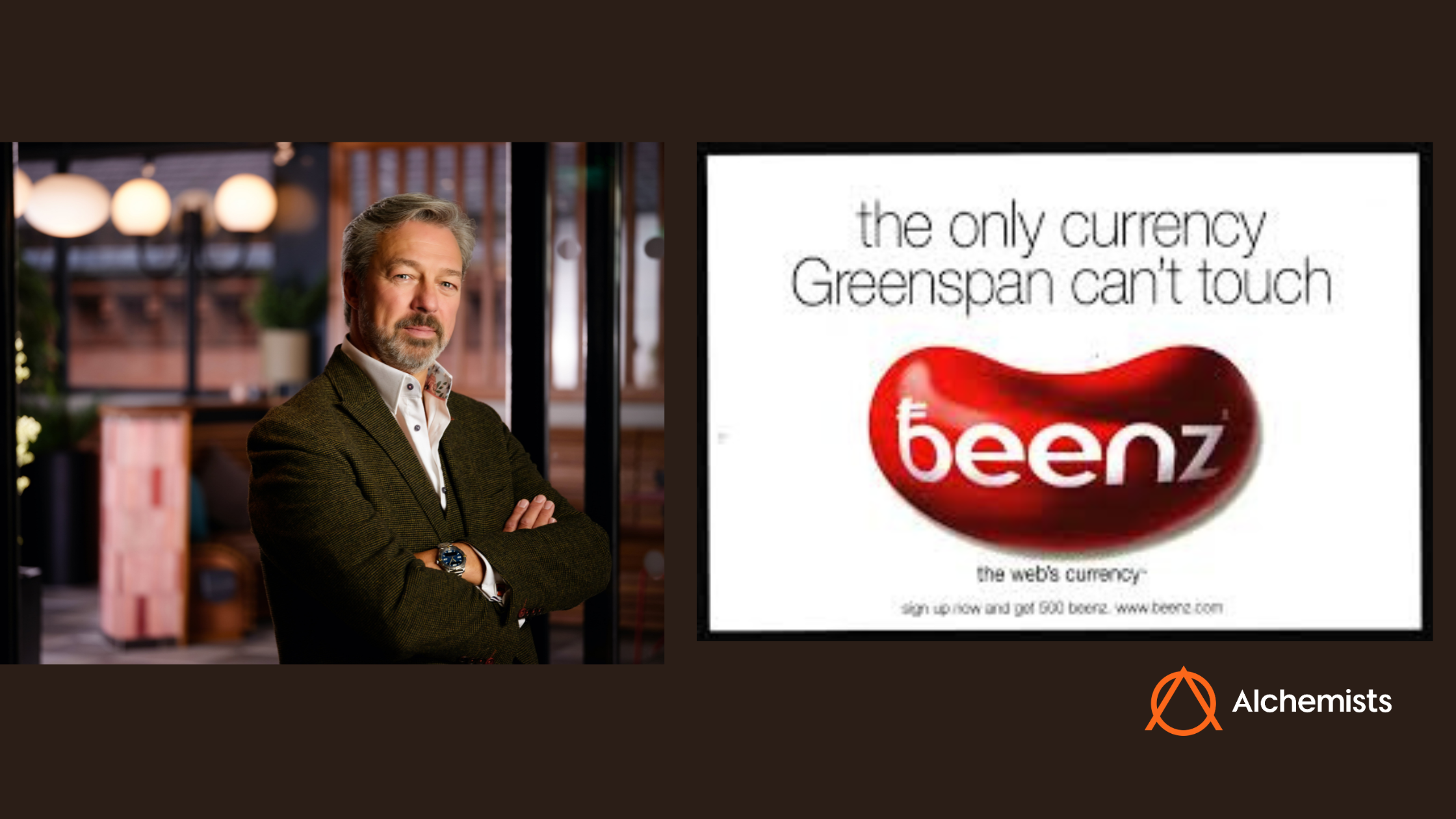When the Pressure Outruns the Patience
There was a time when speed felt like proof of life.
The faster we moved, the more alive we felt.
At the height of the dot-com surge I was part of Beenz.com a company with $100 million in backing and a belief that we were building the future of money itself.
The air in those rooms was charged. Investors lined up to give us more. We topped lists of the most exciting companies in the world.
Our shit didn’t smell.
We were adored and resented in equal measure and both emotions fuelled us. We mistook attention for validation.
Every week the goalposts shifted. One day we were told to chase users at all costs. The next, to prove loyalty and repeatable transactions. Then came recurring revenue, engagement rates, new metrics for a new world. We called it agility. It was really confusion with a glossy finish.
In the heat of the battle, everything felt justified. Adrenaline masqueraded as insight. Meetings were louder than conversations. Aggression crept in where curiosity had been. We moved at a speed that left no space for thinking, no time for listening, no air for truth.
And yet the niggles were there:
The strained relationships.
The bruised egos.
The quiet exhaustion in faces that pretended to thrive.
Ambiguity growing like fog between people who once trusted each other.
We were sprinting to meet everyone else’s expectations and too few of our own.
The scariest part was how normal it all seemed.
From the outside, it looked like success.
From the inside, it was noise, glorious, lucrative, deafening noise.
Most people couldn’t relate. Not because they didn’t care, but because what we were living sat so far beyond their maps of the world. It didn’t fit into any reference point they knew. So they applauded, invested, analysed from afar, but few could feel the cost.
When the board decided to pivot from online loyalty to digital currency, we followed the current.
We tried to enter a banking world that hadn’t approved a new bank in 150 years and didn’t want to start now. We needed five years of mission runway; we had six months of market hysteria.
And then the bubble burst.
When Beenz collapsed, it wasn’t only a company that disappeared. It was an illusion that motion equals progress, that pressure equals purpose. The money vanished first; the certainty followed.
What lingered was silence.
In that silence I saw the pattern: how pressure distorts vision, how success without reflection becomes fragile, how we lose the ability to listen when everyone is shouting for performance.
I wasn’t immune. None of us were. And that’s the truth that matters most.
With distance, I began to see that perhaps it was all just practice a brutal, beautiful apprenticeship.
A rehearsal in awareness. The lesson wasn’t about business failure; it was about human rhythm.
I learned that every leader needs a space between stimulus and response. A pause long enough to hear themselves think, to reconnect intention with action. Without that, brilliance burns itself out.
These are my reflections my map of the world. Others may remember it differently, and that’s fine.
But from where I stand now, Beenz was the crucible that shaped everything that came after.
It’s why I designed and built The Alchemists. to create the space I wish we’d had. A space for founders and CEOs to slow the tempo, confront the noise, and find the still point inside the storm.
Our mission, our DNA, our guiding principles, Active Time Out, High Performance, Safe Space, Collaboration were all born from that fire.
Because success without reflection is fragile.
Because pressure without patience is blindness.
And because awareness, in the very moment the world demands reaction, that’s alchemy.
So I’ll leave you with this:
Where, in your world, might the pressure be outrunning the patience?
Where is the speed of doing stealing the wisdom of being?
Pause there. Listen. That’s where the transformation begins.

